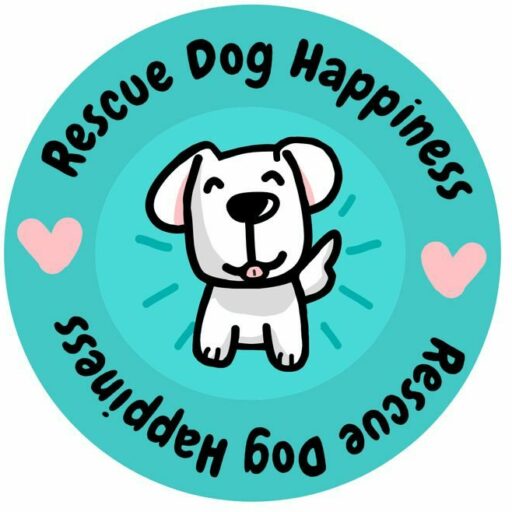Contents
House Training Rescue Dogs
Bringing a rescue dog into your home may demand as much effort from you and the family as it would when training a puppy. It’s a mistake to think that just because the dog is full-grown and that he may have been potty trained in one home, that he’ll continue to his business as before. Some dogs may have never lived in a house prior to his or her adoption.
There are many adjustments you’ll need to help your dog with, especially in the first month. And while some adapt quickly others may require a little more time.
And even if your new family member is house trained he is now in a whole new place where he’ll require some adjustment time while finding his way around.
House training rescue dogs and puppies will require patience. And when done properly your dog will be doing his business outside in no time at all.
Your new rescue dog has many adjustments to make his new environment. And he doesn’t instinctively know that you don’t allow peeing on the floor – especially his prior owner didn’t seem to care or if he was never inside the house. But now that your will be sharing your home with your new canine you will want to teach him the way – and that means house training using gentle and firm steps.
Start with him as if he were a puppy and gradually teach him the routine of your home’s dog potty schedule.
Have a Schedule for House Training Your Rescue Dog
Routine is key. A routine give your dog an idea of what to expect on a daily basis. For example when you get up first thing in the morning you will take him out to the bathroom. And then take him out every few hours.
Help him find that place in your yard or outside when walking. And return him there for subsequent potty breaks. You’ll have to monitor your dogs potty breaks for several weeks to learn your dog’s elimination patterns.
Consider a Crate for Potty Training Your Dog (But Not All Rescue Dogs)
You probably need to start with crate training or restriction to a bathroom. Then set a schedule for potty breaks. Adult dogs are very picky about finding a potty place outside that’s apart from where they play. Just as a dog doesn’t they like to pee or poop near where they sleep or eat.
Help by finding your dog a place in your yard or outside by walking and return him there for subsequent potty breaks. You have to monitor the potty breaks for several weeks to learn your dog’s elimination patterns.
Regular Feed Times Help House-training Rescue Dogs
It’s important to have to set morning and evening feeding times. You new rescue may not have experienced any organization in their life. So this could take time for adjustment. Don’t believe that old saying, ‘you can’t teach an old dog new tricks.” It’s not the age of the dog that matters – it’s the consistency of the owner.
Use Calm, Patience and Positive Reinforcement When Potty Training
If your rescue dog came from an abusive home, or maybe it was filled with shouting and hitting with paper for any accidents, then your training efforts may take longer. First you have to win the dog’s confidence. And understand that your rescue needs time to get comfortable in his new home. When you teach your dog anything positive training is key to raise a loving and confident canine.
Stock Up on Pee Pads, Dog Cleaner and Deodorizer Products
There will be accidents, so be prepared to clean it up and move forward. Don’t assume that an adult dog will be any easier to train than a puppy. Both dogs would face the same adjustment issues. You have to train with consistency and affection so that you reinforce the responses that you want repeated.
So stock up on pee pads if you choose this method of training with pads. And of course treats and toys to reward positive behaviour.
Training an Older Dogs
An older male dog may be accustomed to marking his territory by urinating on it. This is an instinctive behavior for male dogs – you aren’t going to break him of it without breaking his spirit or having him neutered.
Concluding House Training Your Rescue Dog or Puppy
You made the decision to change the life of a dog and share your life with him. Dogs are smart and they are eager to please. But they have never been had anyone to love them enough to teach or care for them. House training rescue dogs is a gift you will teach them along with the love and care to you’ll give and get back in return.
Adopting a rescue dog is amazing and they’ll teach you as much about life as you will teach them… and more.
